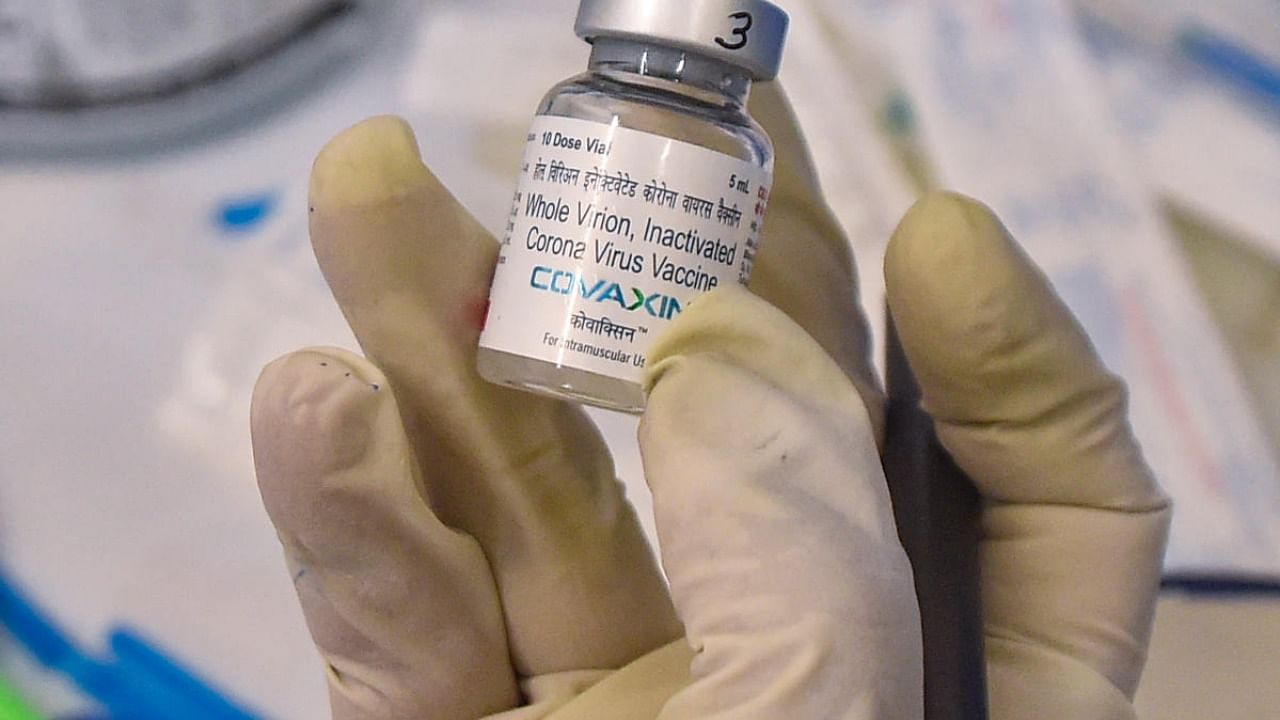
The International Monetary Fund (IMF) has warned that under the business-as-usual scenario, the vaccine coverage in India is expected to remain under 35 per cent of the population by the end of 2021. Its prognosis is contrary to the government’s claim that entire India’s population will be vaccinated by the end of 2021.
“The April 2021 World Economic Outlook (IMF, 2021) projected a dangerous divergence in prospects across countries with emerging and developing economies (excluding China) expected to have slower recoveries and greater scarring.
“This was despite the fact that the pandemic had on average hit the advanced economies harder and that several developing countries with weak health systems had been spared the worst of the pandemic,” two IMF’s economists Gita Gopinath and Ruchit Agarwal said in a report.
“However, the ongoing catastrophic second wave in India, following a terrible wave in Brazil, is a sign the worst may be yet to come in the developing world. While India’s health system held up fairly well in the first wave, this time around its health system is so overwhelmed that many are dying because of a lack of medical supplies like oxygen, hospital beds, and medical care,” they said.
India is a warning of possible events in other low-and middle-income countries (LMICs) that so far have seemingly escaped the pandemic, it said.
“Under the business-as-usual scenario, the vaccine coverage in India is expected to reach under 35 per cent. Other LMICs and high-income countries are expected to have a coverage of around 50 per cent and 70 per cent, respectively,” the report said.
Health Minister Harsh Vardhan said on Friday that India will be in a position to vaccinate at least all of its adult population by the end of 2021.
For India, the report said, current bilateral purchases of vaccine plus coverage from Covax will cover about 25 per cent of its population by the first half of 2022.
To get to 60 per cent coverage, India will need to immediately place sufficient vaccine orders of about 1 billion doses through contracts that incentivise investment in additional capacity and augmentation of the supply chain, according to IMF.
